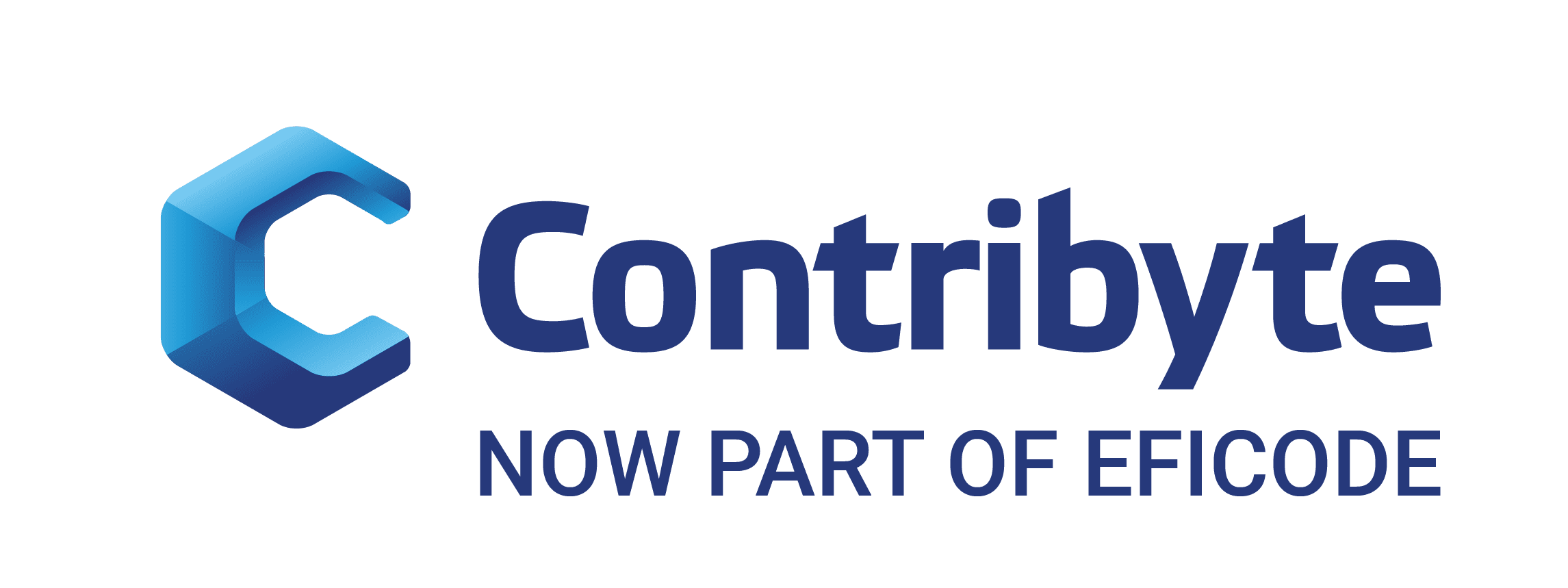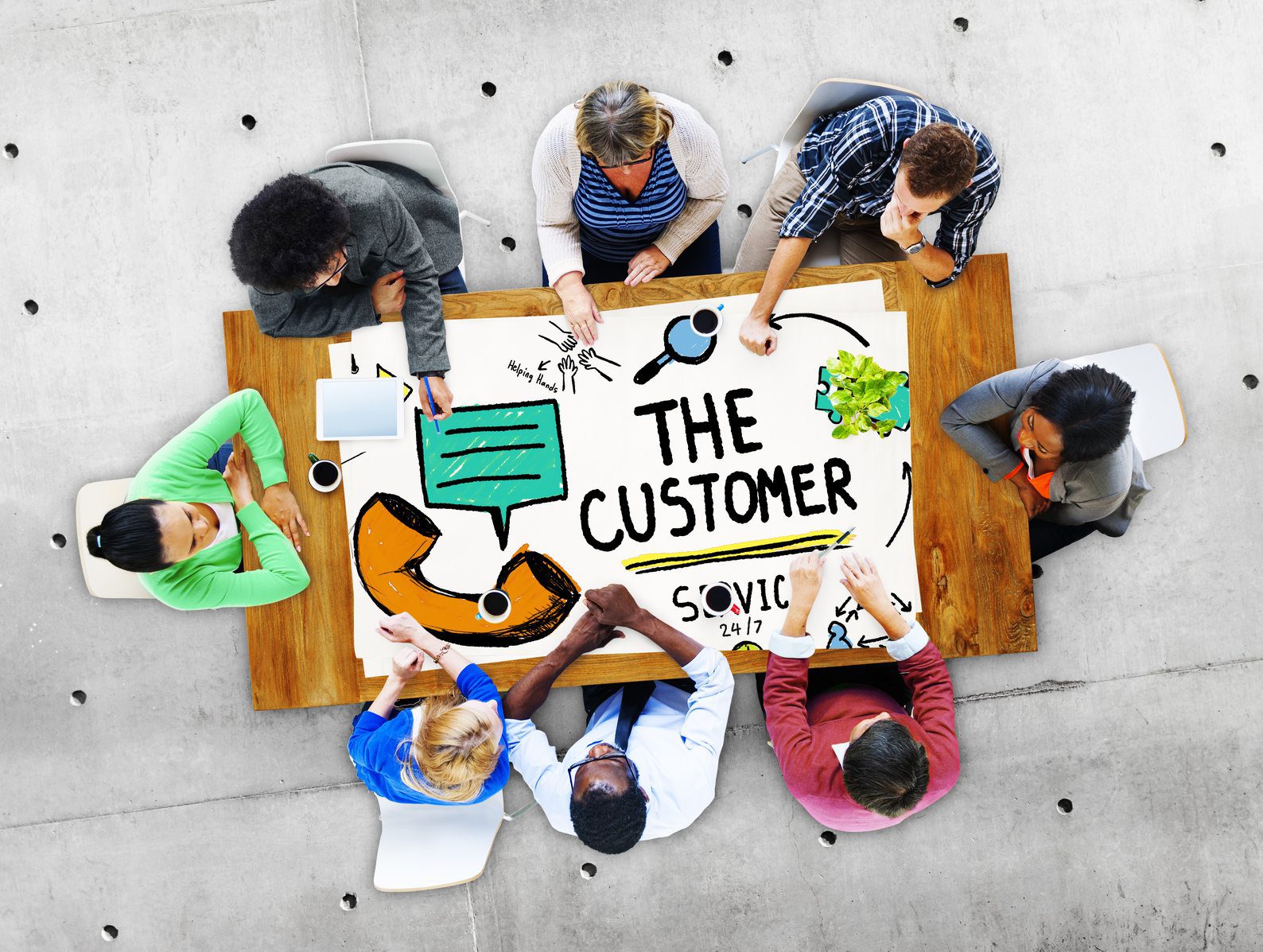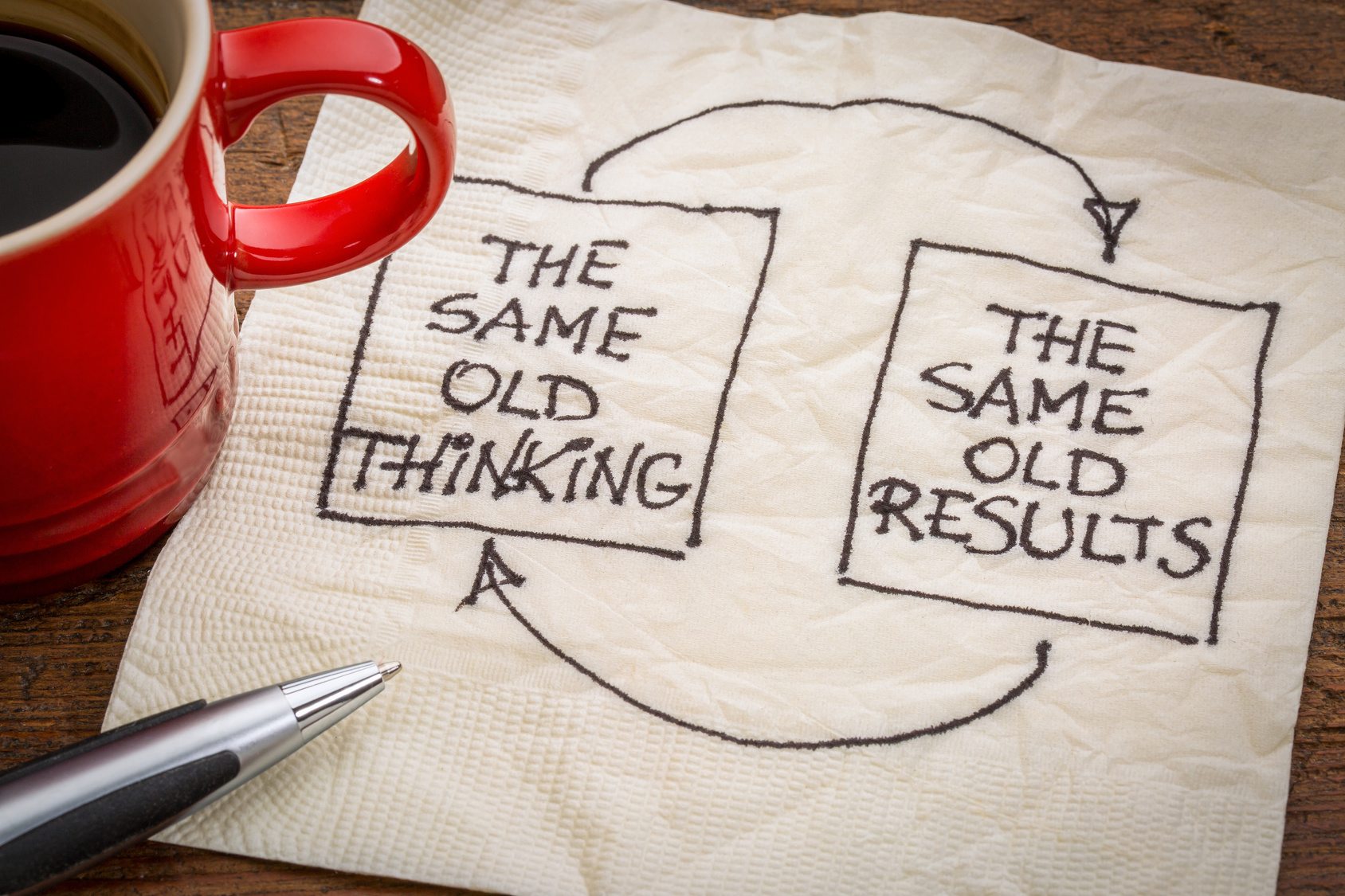The Five Most Important Professional Skills in 2019 – Learn These!
The Five Most Important Professional Skills in 2019 – Learn These!
In 2019, the most important soft skills are creativity, persuasion, collaboration, adaptability, and time management.
Hard and soft skills – you will need both in your work, and both can also be developed. Hard skills can be picked up, but identifying your soft skills often takes more time and determination. In 2019, the most important soft skills are creativity, persuasion, collaboration, adaptability, and time management.
Since many of these skills fall in my area of expertise, I wanted to share a few tips to get started on developing these five skills: creativity, persuasion, collaboration, adaptability, and time management.
This list is based on the list created by Paul Petrone from LinkedIn Learning concerning the hottest soft and hard skills of 2019. The list goes on and on: it includes a total of 25 skills, and it has been written based on the skills of people who are getting hired.
Skill no 1: Creativity
Everyone is capable of creative thinking. Creative thinking means, among other things, coming up with innovative and unexpected approaches. If we could not think or act creatively, our tasks could be done by robots. Many ideas and inventions are born outside the workplace and working hours. Creativity requires time and opportunities. Creativity is unpredictable, and it cannot be forced. Workplaces should try to find methods that would spark creativity. This method can be a workout, an inspiring environment or discussion, an art exhibition, or a moment of silence to let your mind wander.
Give creativity a chance and do something unexpected: take a different route to work or reorganize your work day.
AI can also help boost your creativity, thanks to its infinite amount of data and limitless imagination. In this video, David Bowie introduces his Verbasizer tool.
Skill no 2: Persuasion
According to LinkedIn, persuasion includes persuading others, growing personal influence, and understanding consumer behavior. These three areas may have different goals, but what they have in common is an understanding of the human mind. Positive persuasion has long-lasting effects. An authoritarian approach might give you one win, but no continuity.
Acknowledging how you behave and communicate is the key to persuasion. The next step is, naturally, to get to know your target group, be it a client, segment, colleague, or even your own pet. You can become persuasive by identifying the other person’s needs, hopes, or fears, and by responding to them. Lastly, a gentle reminder: pack your message with positivity and you will get longer-lasting results.
To understand others, you can use quick tools such as empathy maps and the persona and value proposition tools included in our Product Management Tools.
Skill no 3: Collaboration
Collaboration is communication, and it has been said that communication usually fails. It doesn’t help that the number of communication channels has increased – on the contrary. Teams are global, and each teammate might prefer different communication methods. When the objective is to serve the client, successful collaboration across the organization is what separates the wheat from the chaff.
Teams are expected to be flexible, agile, adaptable, dedicated, and self-managing, and they need to have communication and interaction skills, just to name a few requirements. Learn more from our team blog posts and trainings and get started by drawing a stakeholder map.
Skill no 4: Adaptability
”An adaptable mind is an essential tool for navigating today’s ever-changing world, as yesterday’s solutions won’t solve tomorrow’s problems.”
– Paul Petrone
Are you ready to be thrown in cold water? Or do you feel like a fish out of water? Charles Darwin has been quoted as saying that it is not the strongest that survive, nor the most intelligent, but the ones most responsive to change. He couldn’t have been more right.
In general, change is a challenge for everyone. It takes skill to quickly adapt to a new situation. You can reflect on your adaptability by identifying how you feel about your past, present, and future. If you feel like you are carrying your past with you, you cannot be very agile in adapting to new situations.
Being heavily future-oriented might not be a good thing either, because then you might start thinking about the results first without knowing how to get there. For these reasons, it is best to be in the here and now, while slightly leaning into the future.
Having the right attitude is the first thing. The second thing is to create an agile framework to ensure adaptability. Learn more about our agile trainings.
Skill no 5: Time Management
Time management is always in. It is essential to understand that time management should not be dictated by the clock or rush as it is a comprehensive self-management skill. Being busy is a feeling: we can either conquer it or let ourselves be overwhelmed by it. There are helpful tools, such as Pomodoro, the Triage method, and mindfulness. Everyone should be able to find a suitable method to prioritize tasks and keep the occasional chaos (hopefully it’s just occasional!) under control. Teams can also try to find shared ways of time management. This can be done with Kanban, Scrum, or even Jira, or the team can just make an agreement.
Coaches Know how to Bring out the Potential in Others
Are you wondering how your team could go forward? We offer coaching to ensure that teams and organizations can develop into even better ones and go past the place where they are now.
The best thing for me as a coach is to see teams thrive and do their best: to see that they can find the skills they need within themselves. My purpose as a coach is to lure these skills out by using provocation, challenges, discussion, and exercises.

Maria Wan
Service Design Consultant
Maria guides Contribyte's clients towards more interactive teams and coaches organizations to a better customer understanding. Maria has experience in designing and managing services, multicultural and international activities, and developing cross-organizational customer-orientation. On a perfect summer day, Maria can be found biking to a tennis court or observing people in a foreign environment. Maria understands customers from developers to management teams, from teenagers to grandmothers and from Finns to Samoans.




